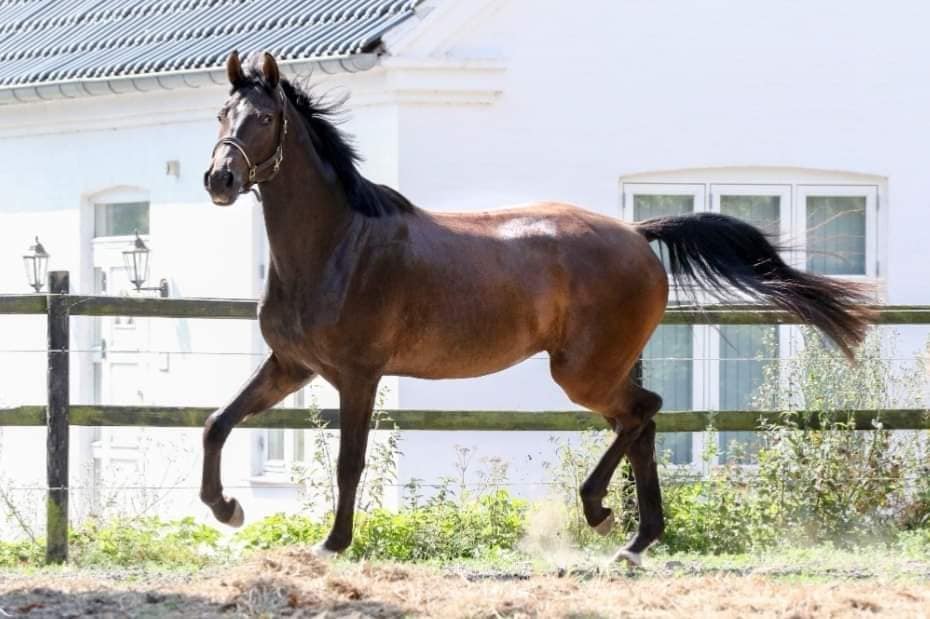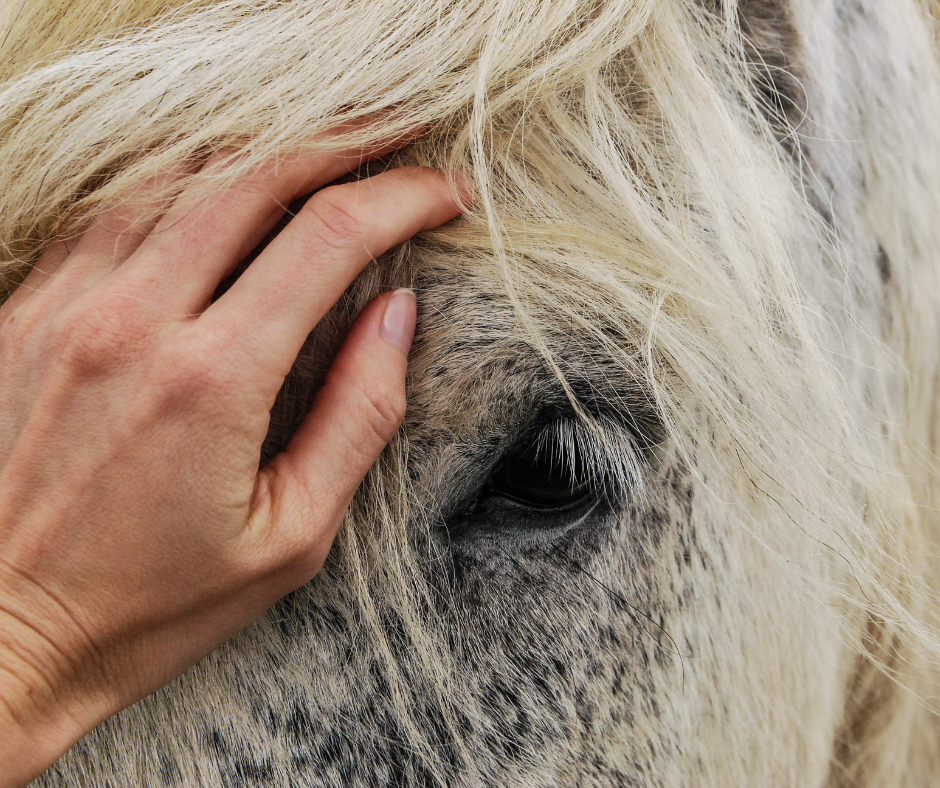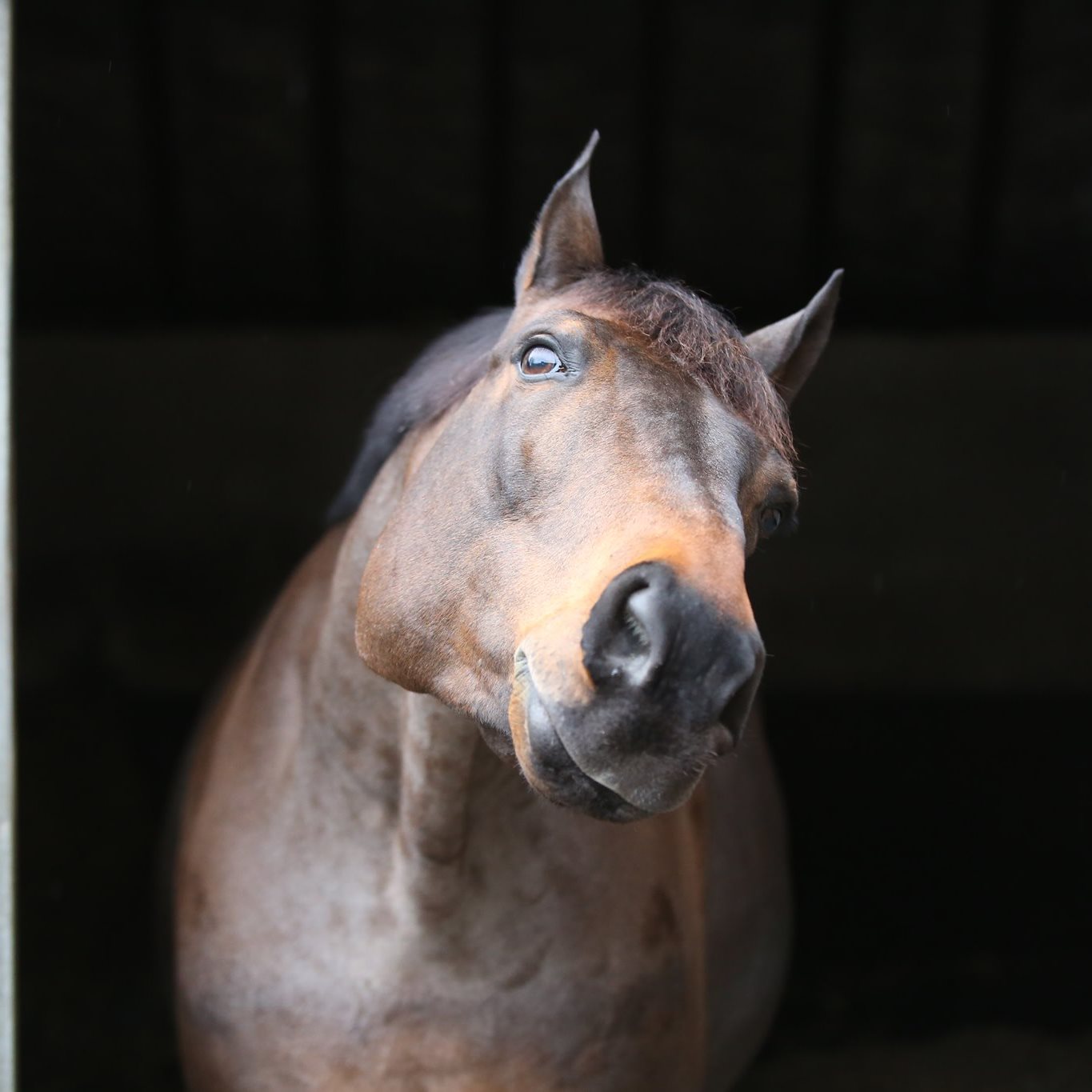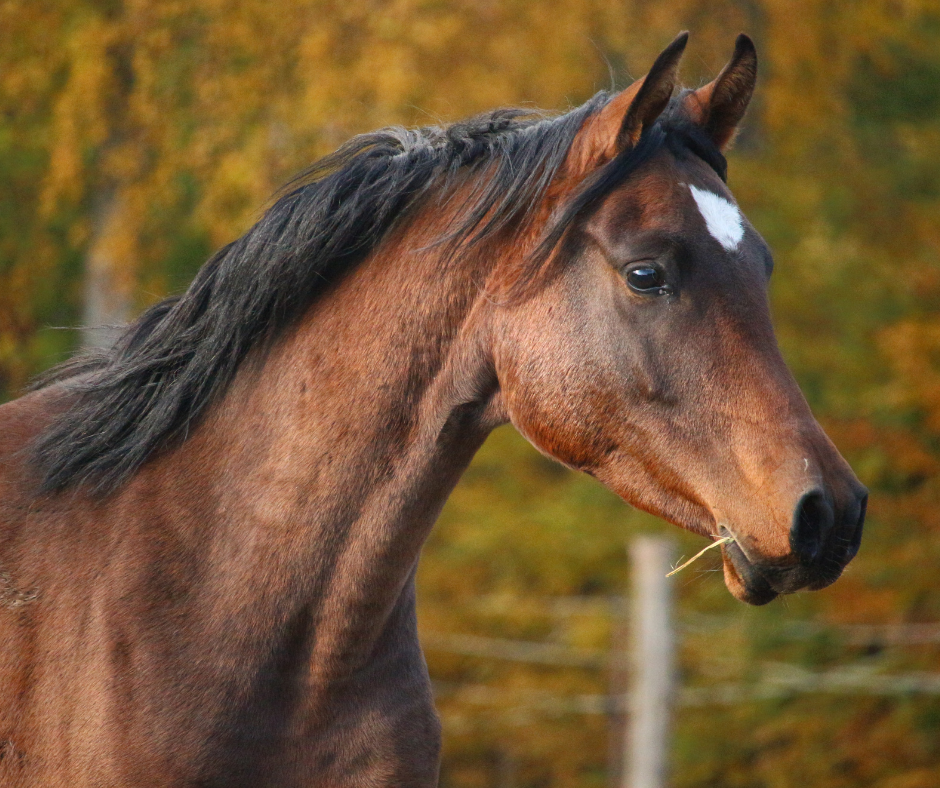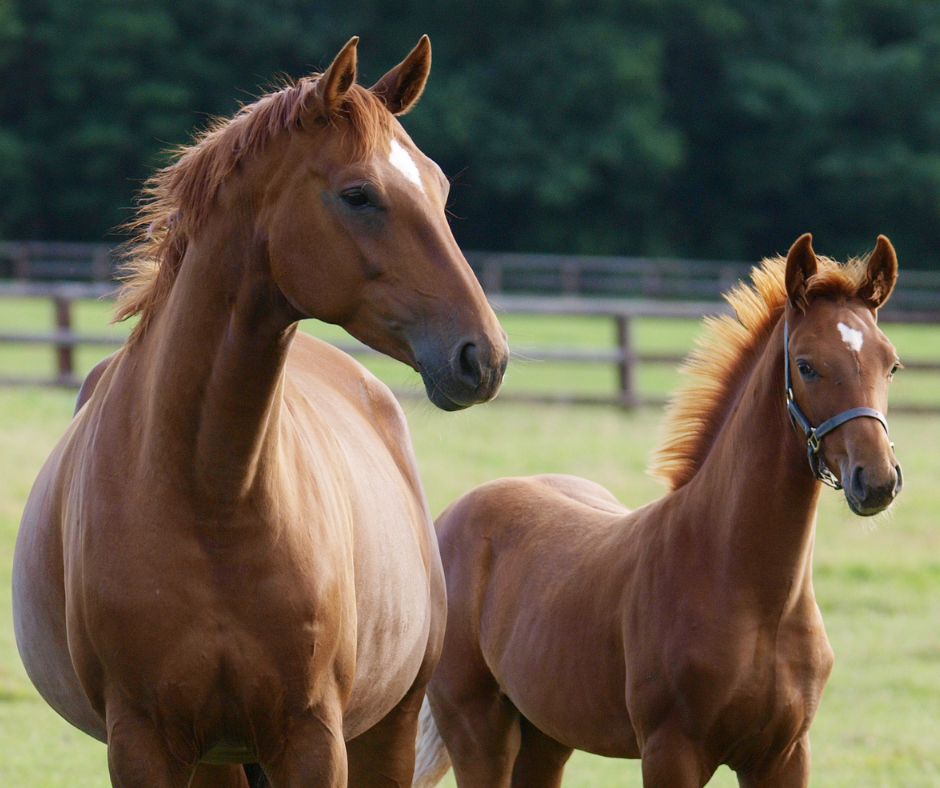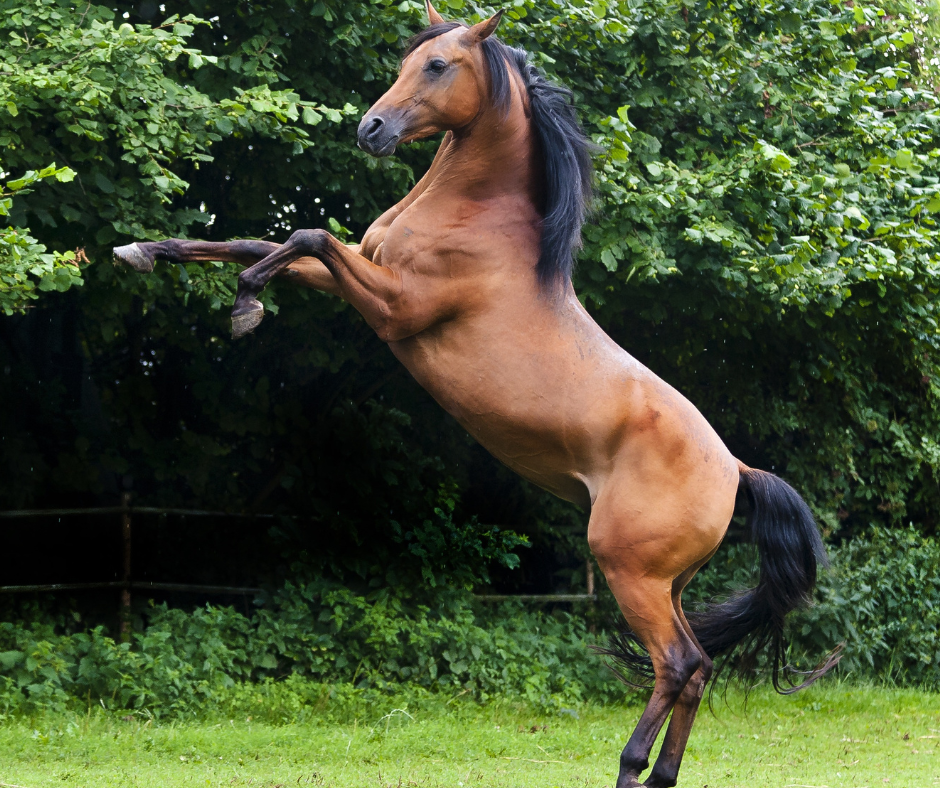FEEDING FOR ENERGY- UK
There may come a time when you feel as though your horse could do with some more energy. Before heading to the feed store to pick up a bag of ‘high energy horse feed’ it is important to think about what type of energy your horse requires. Does he need more instant energy, more stamina, or both! Depending on the type of energy your horse requires will help you to decide on which feed will be most suitable.
WATER INTAKE IN COLD WEATHER - UK
Water intake can decrease as much as 14% in cold weather for some horses. This could be due to several factors such as horses becoming fussier as water temperatures drop and reduced grass intake meaning they receive less water from grass. Higher forage consumption due to horses being in for longer also means extra water is required for fibre digestion.
FEEDING THE VETERAN HORSE - UK
Saracen Horse Feeds was the first British feed manufacturer to develop a ration specifically for the older horse back in 1993. As horses age the efficiency of their digestive tract begins to reduce resulting in the need for a specifically formulated veteran ration to support maintenance of optimum body condition.
FEEDING FOR GUT HEALTH - UK
Every horse owner knows that forage is the most important part of their horse’s diet, and forage should be the foundation of the horses ration to maintain optimum digestive health. Ensuring that fibre is first and foremost in your horse or pony’s diet helps to reduce the risks of diseases such as gastric ulcers, colic, stereotypies and endotoxaemia.
FEEDING A HORSE WITH LIVER DAMAGE - UK
The liver is the largest gland in the body, weighing on average between 5 - 9kg depending upon the size of the horse. It is situated immediately behind the diaphragm and in front of the stomach and it is held in position by six ligaments and the pressure of the surrounding organs. It is one of the accessory glands of the digestive system, the others being the pancreas and the salivary glands.
FEEDING THE BROODMARE - UK
The nutrient requirements for the three stages of a mares feeding plan differ markedly throughout pregnancy, and adjustments should be made in the mare’s feeding programme to accommodate these differences. The most common mistakes made in feeding broodmares are overfeeding during early pregnancy and underfeeding during lactation.
FEEDING HORSES WITH EQUINE GASTRIC ULCER SYNDROME -UK
Horses evolved to ingest a high fibre, low starch ration on an almost continual basis. Foraging behaviour is important to the maintenance of a healthy digestive tract, as not only does the flow of forage through the digestive system ensure optimal digestive health but the chewing process produces large amounts of saliva, which helps to buffer the acid that is produced in the stomach.
